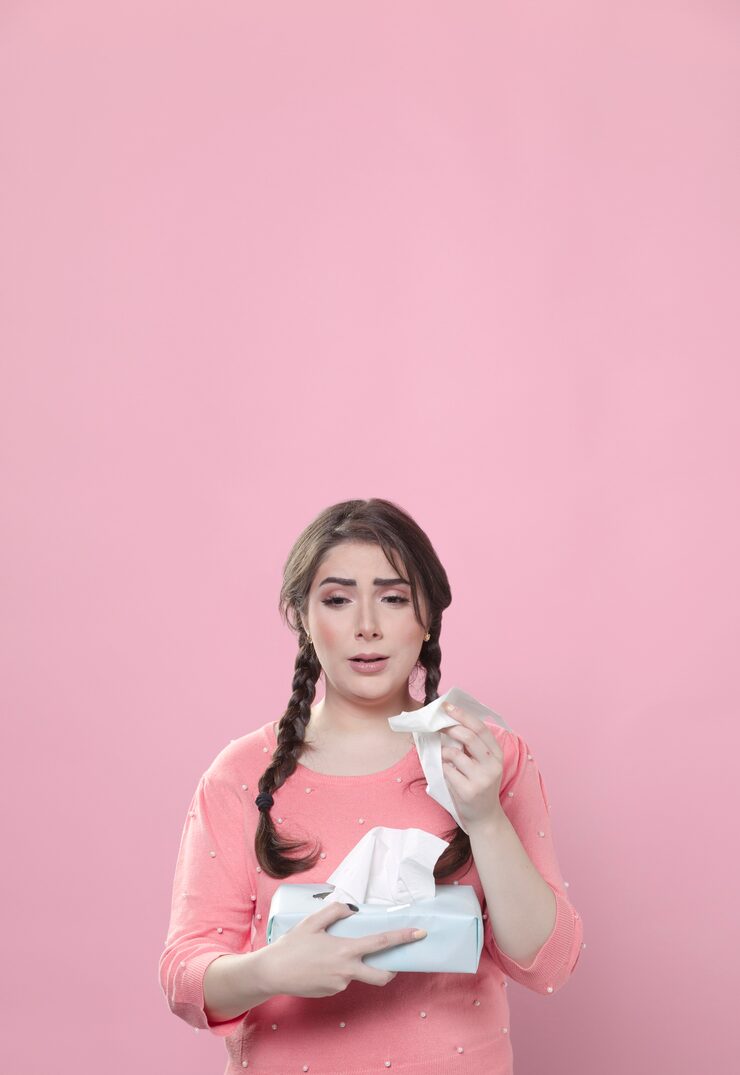A regular, healthy period is a sign your body is working well and your reproductive system is in good shape. So when your period comes, that’s usually a positive sign.
Still, it’s important to support your body during your cycle and drop habits that can harm it. Periods often bring bloating, cramps, and other uncomfortable symptoms that make daily life harder. Some people use period-delay tablets to push back their cycle and avoid those symptoms temporarily.

Paying attention to your body during your period helps a lot. Here are some dos and don’ts from the experts at Click Pharmacy.
The Dos
1. Keep moving
Rest is important, but staying inactive can make you feel worse. Light activity—walking, gentle yoga, or doing simple chores—can lift your mood and ease cramps.
2. Stay hydrated
Don’t forget to drink enough water. Aim for about eight glasses a day. If you have trouble remembering, try a water-tracking app.
3. Use a period tracker
It’s easy to lose track of dates. A period-tracking app can help predict your next period, monitor flow and symptoms, and track ovulation.
4. Improve your sleep
Poor sleep can throw off your cycle and make symptoms worse. Try to keep a regular sleep routine and get enough rest.
5. Delay your period when needed
If an important event falls during your period, you can use period-delay tablets to postpone it. They’re generally safe, and your cycle should return to normal a few days after you stop taking them.
The Don’ts
1. Give in to cravings for salty or sugary foods
Sugary and salty foods can worsen cramps and increase bloating. Salt can add to water retention, which makes bloating worse.
2. Drink too much coffee
High caffeine intake can increase pain and breast tenderness during your period, so cut back if you can.
3. Wax or shave
Hair removal during your period can be more painful and messy. Shaving risks cuts that could lead to infection, and waxing can cause extra discomfort.
4. Smoke
Smoking can make cramps worse. Try to avoid smoking, especially during your period.
5. Have a breast exam during your period
Hormone changes during your cycle can alter how your breasts feel, making it harder to spot issues. It’s best to schedule breast exams when you’re not menstruating.